Necessary to shred fall leaves for compost pile?
Rick (zone 6b, MA)
2 years ago
last modified: 2 years ago
Featured Answer
Sort by:Oldest
Comments (20)
cearbhaill (zone 6b Eastern Kentucky)
2 years agoRick (zone 6b, MA) thanked cearbhaill (zone 6b Eastern Kentucky)Related Discussions
Is it necessary to shred kitchen scraps?
Comments (5)Nope. They'll probably be eaten faster if chopped, but it's not necessary. I toss in whole potatoes all the time. Often I find potato plants growing from them in the pile. Turn that in, and it gets eaten too. Re: watermelon rind. Anything with that much water goes away really quickly. I often cut up 2 or 3 melons for family gatherings, and the rinds are unrecognizeable in a matter of weeks. :-)...See MoreShredded leaves from last fall has Bermuda grass growing on top
Comments (2)Those leaves must be fairly well digested and in the leaves there must have been mixed some roots from Bermuda grass for it to be growing there. Mixing them up, several times, will eventually kill the grass roots....See MoreLeaving shredded leaves in plastic bags??
Comments (12)I often store bags of leaves over the winter. I stock up in the fall at a nearby subdivision. I use the leaves to balance all the old produce I compost throughout the year. I get them from other people's yards, so some are shredded, some aren't, some have grass mixed in, but mostly they do not. The bags don't seem to shred in the sun unless I keep them for more than a year. Two falls ago I went a little berserk and stockpiled 3 truckloads of bags of other people's leaves, so last year I didn't scrounge any up. But the bags from two years ago sometimes came apart. Not much trouble with bag smells in the bags, as generally some weeds or something poked a hole in the bags. Marcia...See Moreshredded leaves
Comments (8)Checking under the leaves for signs of growth - two things are apparent - there are many paths in the layer between leaves and soil (voles I suspect); and I've got to rake out and shred some of the oak leaves. I didn't take any leaves to the city drop last fall - ground covers at a minimum are never going to get thru this much. Too much of a good thing. So I tried raking some into yard and shredded into two loads and then the two loads one more time into one load - pretty fine. Going to throw this back onto garden around the plants. I'm pleased with result, and think I'll have 1-2 inches of shredded leaf mulch in many places when I finish. Paul Oh yeah, while raking I also found a rabbit nest with 4 young ones, and a second recently dug hole in another garden - I'm guessing rabbit by its size....See MoreRick (zone 6b, MA)
2 years agolast modified: 2 years agofloral_uk z.8/9 SW UK
2 years agolast modified: 2 years agoRick (zone 6b, MA) thanked floral_uk z.8/9 SW UKRick (zone 6b, MA)
2 years agoRick (zone 6b, MA)
2 years agolast modified: 2 years agoRick (zone 6b, MA)
2 years agolast modified: 2 years ago
Related Stories

FALL GARDENING5 Ways to Put Fall Leaves to Work in Your Garden
Improve your soil and yard the organic way with a valuable garden booster that grows on trees
Full Story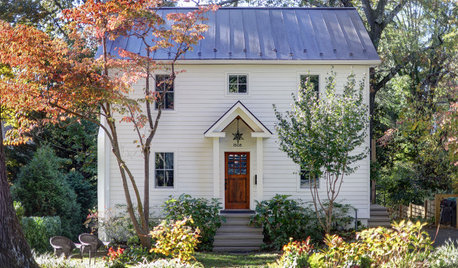
FALL GARDENINGMake This Fall’s Garden the Best Ever
Learn the most important tip for preventing buyer’s remorse, plus get more valuable buying and planting advice
Full Story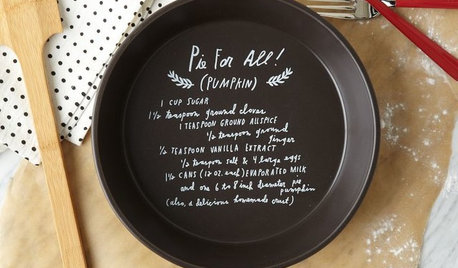
PRODUCT PICKSGuest Picks: Fall Entertaining Favorites
Make autumn feasts a piece of cake with chic compostable plates, pretty glasses, pie accessories and more
Full Story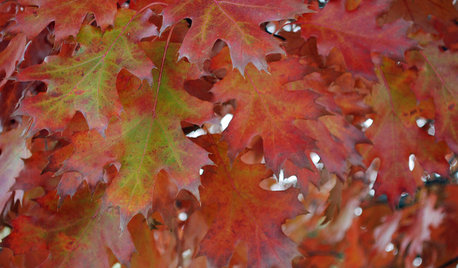
GARDENING GUIDES6 Healthy Ways to Handle Fallen Leaves
Once nature's beautiful bounty is spent, these ecofriendly strategies for leaves will put your yard in the clear
Full Story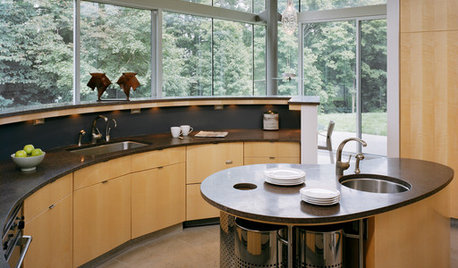
GREEN BUILDINGWhere to Hide the Kitchen Compost Bin
Enriching your soil doesn’t have to mean staring at a countertop pile of decomposing food scraps
Full Story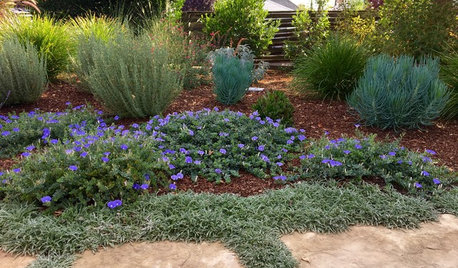
GARDENING GUIDESWhat to Do This Fall to Build Healthy Garden Soil
Take advantage of the cool season to improve soil texture and replenish nutrients
Full Story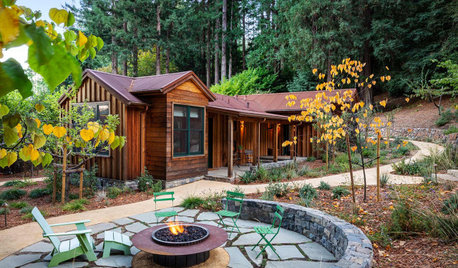
FALL GARDENING7 Reasons Not to Clean Up Your Fall Garden
Before you pluck and rake, consider wildlife, the health of your plants and your own right to relax
Full Story
FALL AND THANKSGIVINGSimple Pleasures: Celebrate Fall With These Special Traditions
Enjoy a meaningful autumn with seasonal ideas for decorating, cooking and entertaining
Full Story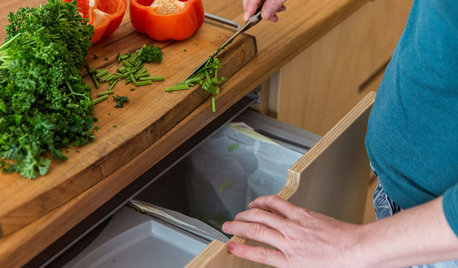
KITCHEN DESIGNWhy You Might Want to Give ‘Bokashi’ Composting a Try
Turn kitchen scraps into gardening gold with this low-maintenance, space-saving method
Full Story
BUDGET DECORATING10 Ways to Cozy Up the House for Fall
Get stylishly cozy for less with budget-friendly touches that will put your home in an autumn state of mind
Full Story


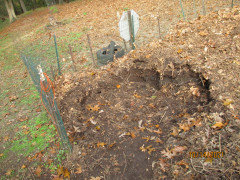

klem1